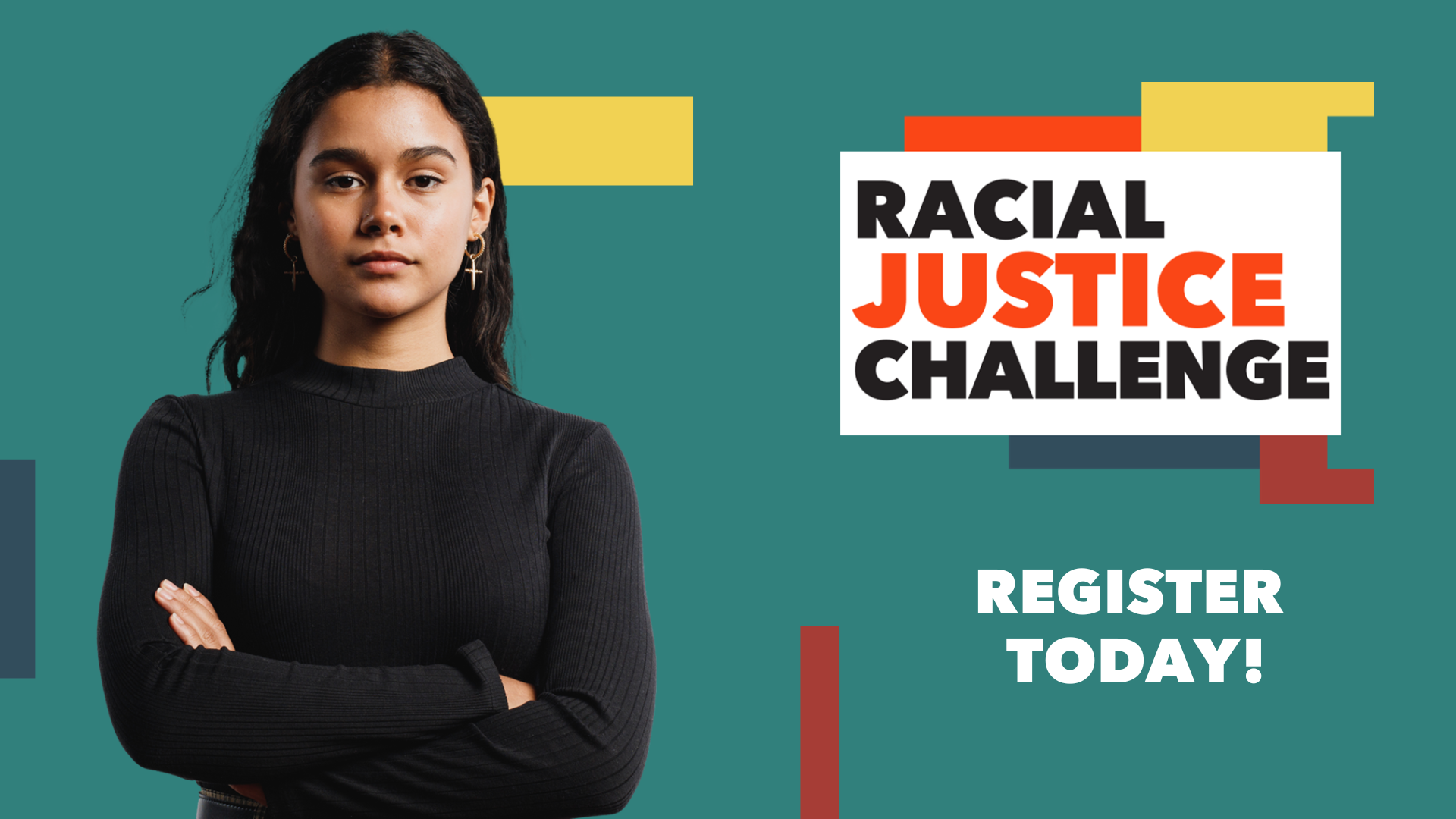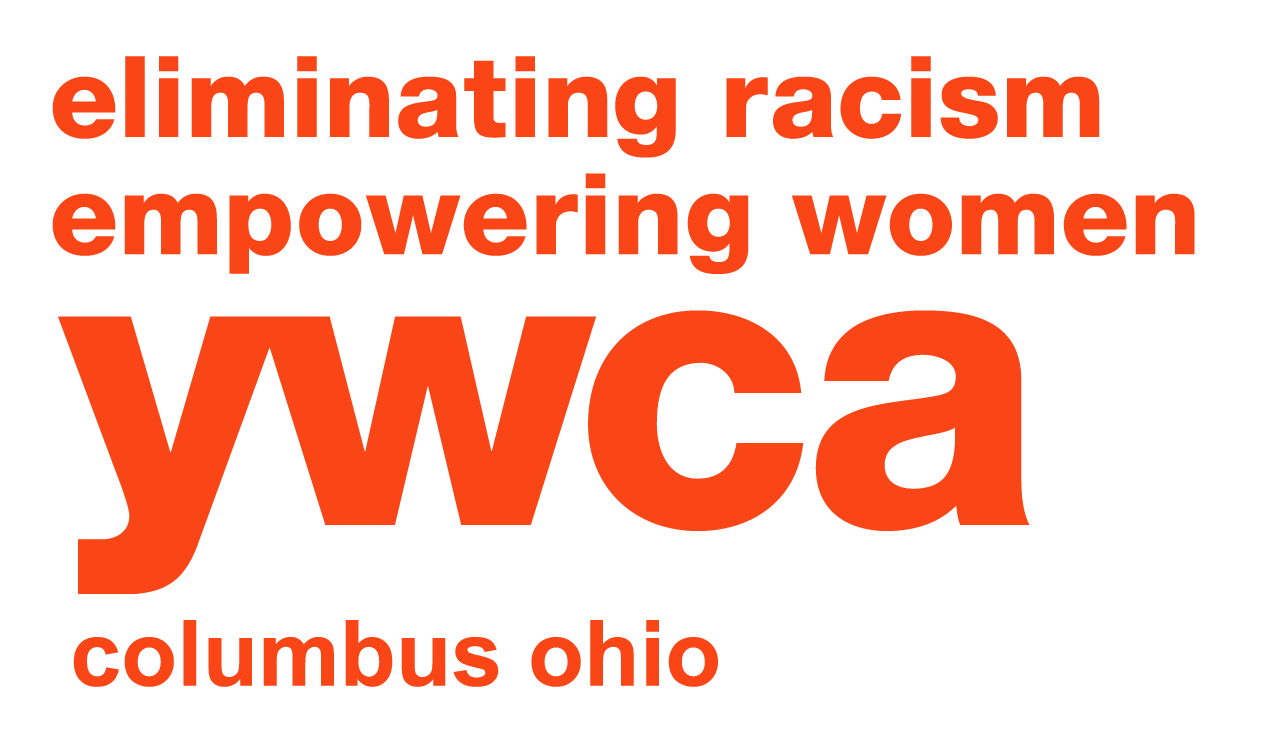YWCA Racial Justice Challenge

YWCA Racial Justice Challenge
YWCA’s Racial Justice Challenge is a virtual learning tool designed to create dedicated time and space to build more effective social justice habits, particularly those dealing with issues of race, power, privilege, and leadership. New content is released on weekdays and participants log on to the challenge app on their phone or visit the website and are presented with 21 days of activities such as reading an article, listening to a podcast, or reflecting on personal experience.
We are excited to announce that YWCA’s Racial Justice Challenge will return for its 6th year on April 1-29, 2024 and registration is OPEN NOW!
Click here to register for the challenge - and be sure to designate YWCA Columbus as your affiliated association!
2024 Topics
The weekly topics that will be explored during the 2024 YWCA Racial Justice Challenge are:
Week 1
Bodily Autonomy
Bodily autonomy is one of the most fundamental rights we have as human beings. However, across the country, this fundamental right is being challenged. This week, we will learn more about some of the many ways marginalized bodies are restricted, policed, and violated.
Week 2
Women’s Financial Empowerment/
Caregiving
Learn more about how women are taking control of their finances and making important decisions about budgeting, saving, and investing despite inequities that persist and interfere with them reaching their full economic potential.
Week 3
Gun Violence
Learn more about the history of gun ownership in America and how it has impacted the lives of marginalized people. If you have been impacted by gun violence, please consider your well-being before engaging with this material.
Week 4
Transportation
Learn more about how access to transportation impacts every aspect of our lives, from our ability to get to work, access healthcare, and educate our children.
Attend YWCA Columbus’ Racial Justice Challenge Roundtable Discussion
Join us on May 9 from 11:30 a.m. - 1 p.m. at YWCA Columbus (65 S. 4th Street, Columbus, Ohio 43215) for a roundtable discussion about this year’s YWCA Racial Justice Challenge! You’ll choose the topic(s) you are most interested in discussing and join a table to talk through prompts related to that topic, then we’ll rotate! Explore what we can do in our local community to advance equity around these Challenge topics and build community with other motivated change-makers. Even if you can’t complete the entire Challenge, you are still welcome to participate! Please RSVP by Tuesday, April 30.
Donate $21 Today
The Racial Justice Challenge lasts for 21 days. But YWCA Columbus works to combat racism every day. Invest $21 in YWCA Columbus that will go directly towards antiracism programs, training, and initiatives for our community.
Questions? Contact:
Christine Cockley
Executive Assistant to the President & CEO


